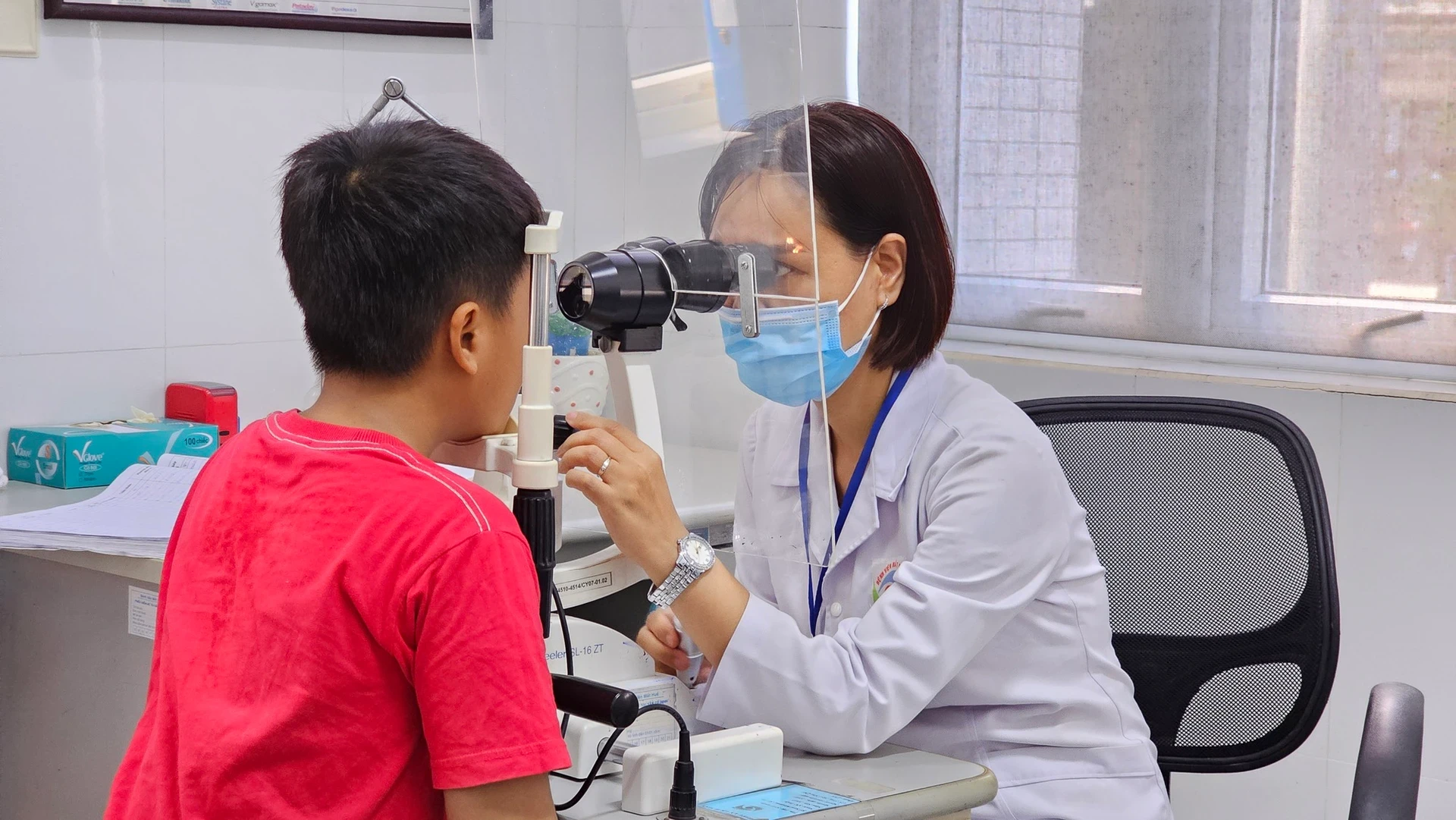
According to Dr. Nguyen Dai Vinh, Director of the Da Nang City Center for Disease Control (CDC), pink eye (acute conjunctivitis) is often caused by viruses or bacteria, transmitted through direct or indirect contact such as sharing towels, washbasins, pillows or through hands touching eye secretions. After floods, stagnant dirty water is an environment for microorganisms to grow, increasing the risk of infection.
People with pink eye have typical symptoms of red, gritty eyes with lots of discharge, often starting in one eye and then spreading to the other eye.
Patients feel like there is sand in their eyes, discomfort, swollen eyelids, constant watering, and difficulty opening their eyes in the morning when they wake up because of sticky pus. The pus can be green or yellow, depending on the cause of the disease. In some severe cases, a thin white film may appear under the eyelids, making the disease take longer to heal.
In addition, the patient may have a mild fever, sore throat, swollen lymph nodes behind the ear, but vision will remain normal if treated promptly. If the disease becomes severe, the patient may experience conjunctival erythema, subconjunctival hemorrhage, or keratitis, which can cause long-term eye damage.
According to the CDC, to prevent pink eye, people need to pay special attention to personal and environmental hygiene after storms and floods.
Specifically, wash your hands regularly with soap or antiseptic solution before and after touching your eyes, after contact with sick people or using eye drops. Wash your eyes daily with 0.9% saline or distilled water to clean dirt, reducing the risk of infection. Do not rub your eyes, do not share towels, wash basins or eye drops. Limit going to crowded places, especially when there is an outbreak of pink eye in the community.
When symptoms appear, the patient should rest and avoid close contact with others to limit the spread of the disease. The patient should lie on the side of the affected eye and use a clean gauze pad to wipe away the discharge and fluid after instilling the medication.
Never buy eye drops containing corticosteroids on your own, as this can worsen the condition or cause complications. Patients should only use the medication as directed by a doctor. If the eyes are red and swollen, have corneal ulcers, or do not improve after a few days, go to a medical facility immediately for proper examination and treatment.
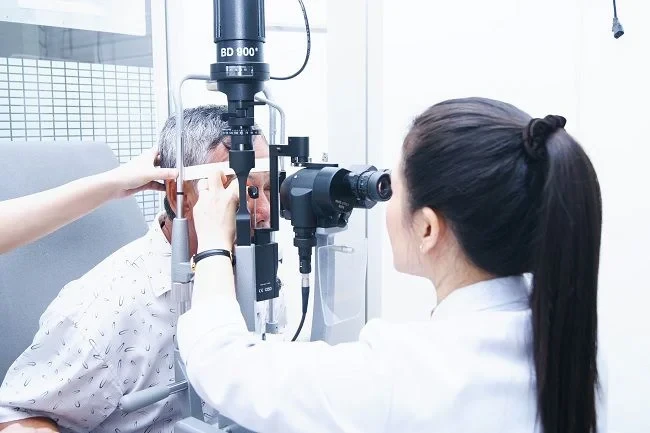
Doctors recommend not applying traditional leaves such as betel leaves, mulberry leaves, etc. because they can cause more serious infections.
According to Dr. Nguyen Dai Vinh, most cases of viral pink eye will heal on their own after 7-10 days, leaving no sequelae. However, if it lasts longer than 2-3 weeks or is accompanied by pain or reduced vision, the patient should see an eye specialist for timely treatment.
In the context of post-storm and flood situations, when the environment is polluted and microorganisms thrive, proactive prevention of pink eye is extremely important. Every citizen needs to raise awareness of personal hygiene, water sources and the surrounding living environment. Washing hands regularly, using clean water, and limiting contact with dirty water not only helps prevent pink eye but also prevents many other infectious diseases. Keeping your eyes healthy is also protecting your own health and the community's, contributing to stabilizing life after storms and floods.
Source: https://baodanang.vn/chu-dong-phong-ngua-benh-dau-mat-do-sau-bao-lu-3309324.html




![[Photo] Closing of the 14th Conference of the 13th Party Central Committee](https://vphoto.vietnam.vn/thumb/1200x675/vietnam/resource/IMAGE/2025/11/06/1762404919012_a1-bnd-5975-5183-jpg.webp)

![[Photo] Prime Minister Pham Minh Chinh receives the delegation of the Semiconductor Manufacturing International (SEMI)](https://vphoto.vietnam.vn/thumb/1200x675/vietnam/resource/IMAGE/2025/11/06/1762434628831_dsc-0219-jpg.webp)




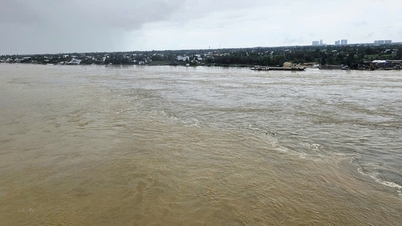



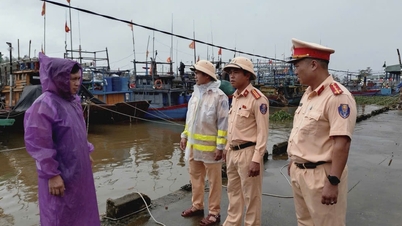
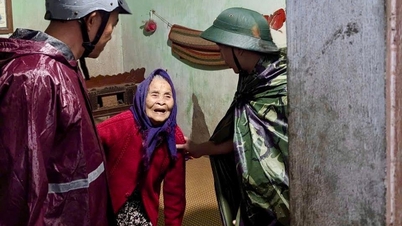





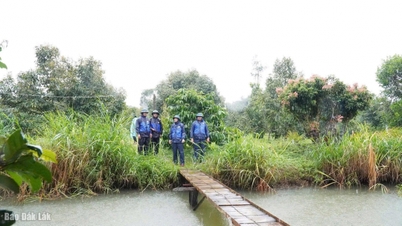






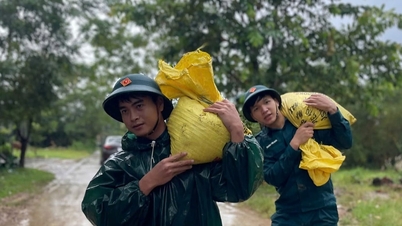
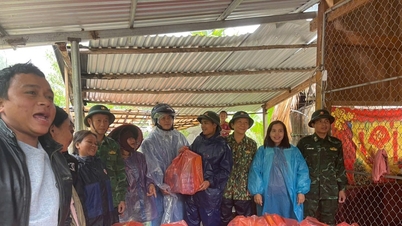
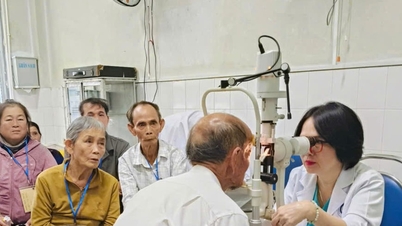
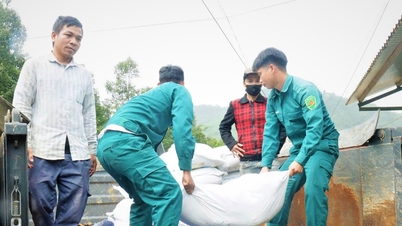








































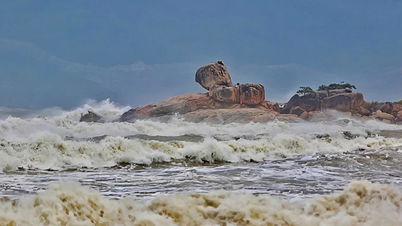

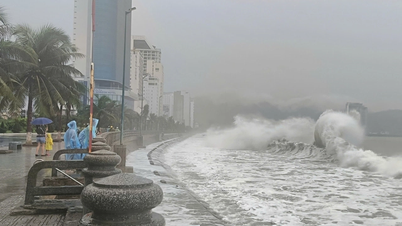










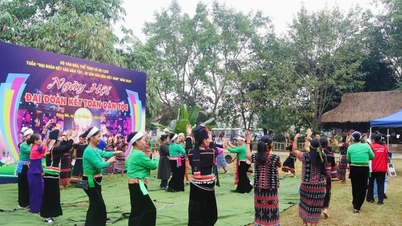






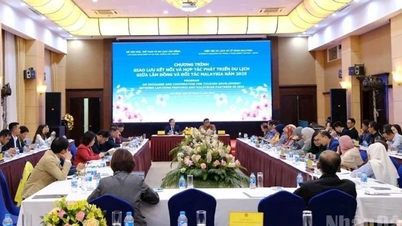














Comment (0)